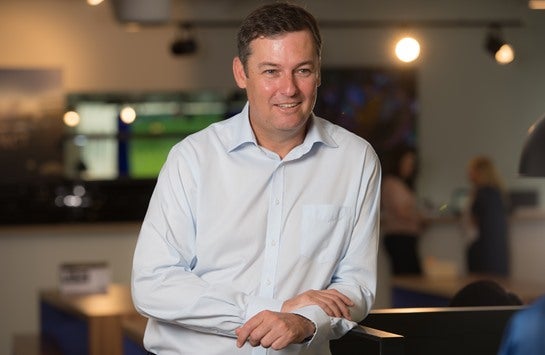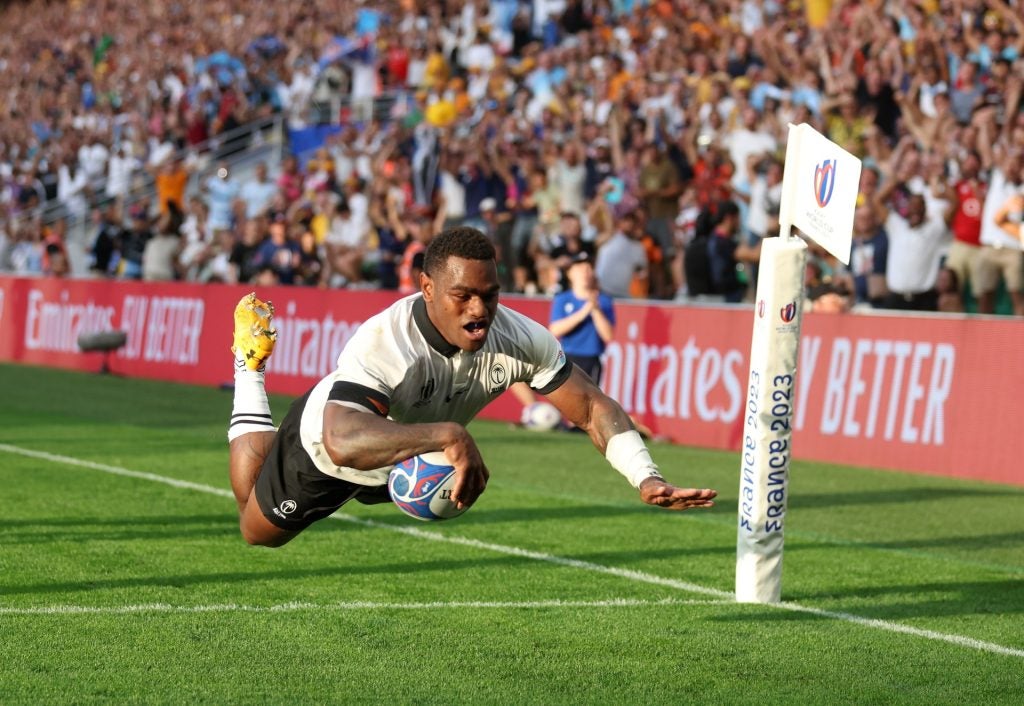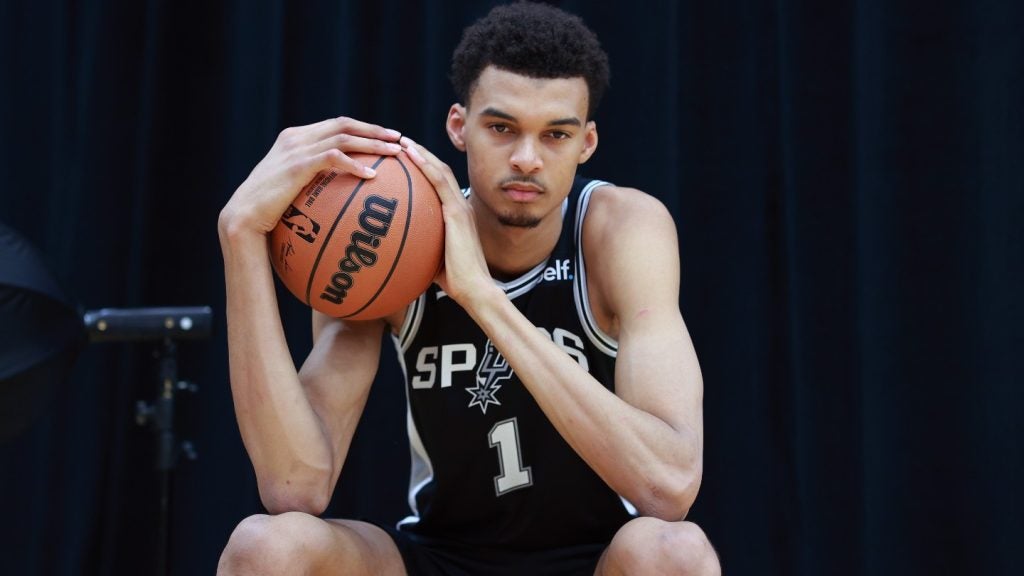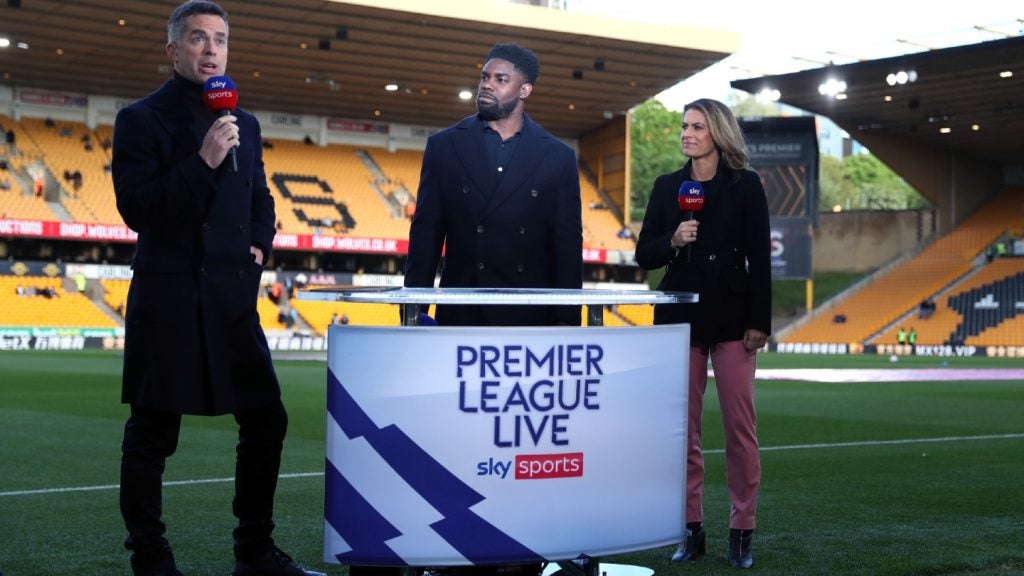
We all have an intrinsic need for community. Few instincts
are more human, and we have always sought to build them with the people around
us.
Today, as our lives drift further apart, more and more people
find their communities through the things they care about.
Sport has always been able to meet that need and the lesson of 2018, as we enter a new year, is that it’s doing so in new and powerful ways. Understanding what those communities mean and how they work will help anyone reach fans on their own terms, adding value to their experience.
2018: The return of
the fan community
The Fifa World Cup, of course, will be what most of us carry
with us from the year gone by. Along with the PyeongChang 2018 Winter Olympics,
it proved beyond question that the biggest events still really matter. Both
were followed worldwide by massive digital audiences while huge ratings on
linear TV, particularly for the World Cup, showed how important it is to people
to enjoy these moments together.
Nowhere was this more true than in England. Football didn’t quite come home but the national team returned to the affections of fans across the country. It helped, naturally, that the team outperformed expectations on the pitch but the connection the players made with supporters owed just as much to their preparation and humility.
How well do you really know your competitors?
Access the most comprehensive Company Profiles on the market, powered by GlobalData. Save hours of research. Gain competitive edge.

Thank you!
Your download email will arrive shortly
Not ready to buy yet? Download a free sample
We are confident about the unique quality of our Company Profiles. However, we want you to make the most beneficial decision for your business, so we offer a free sample that you can download by submitting the below form
By GlobalDataAfter a series of tournaments in which an icon-led strategy made
the players seem distant and even aloof, the FA laid the groundwork for Russia
with a more open approach. Relations between the squad and the media were
thoughtfully managed, and fans were put front and centre of the communications
campaign, with a vibrant squad announcement video that used young supporters
calling out the names of their local heroes.
Just as importantly, as the excitement and momentum gathered through the summer, fans were allowed to own the moment. Rather than smothering the mood with triumphalism or overt control, the FA stepped back to allow ‘Three Lions’ and the explosion of memes to dominate. All the while, a grounded, well-mannered team were clearly aware of their importance to the public, with open access to them and manager Gareth Southgate maintained on official channels.
Around the tournament, meanwhile, attention was building on the experience of supporters and the Russian hosts, through user-generated content, in the mainstream media and on emerging fan culture platforms
Around the tournament, meanwhile, attention was building on
the experience of supporters and the Russian hosts, through user-generated
content, in the mainstream media and on emerging fan culture platforms. It was
a trend that continued through the year.
The smartest rights holders are recognising that this is the
new age of the fan. Formula 1 began 2018 with a marketing campaign which put
the thrill of watching the sport at its core and brought partners like Johnnie
Walker closer to its events by creating a festival feel at its circuits.
Savvy brands also showed that by understanding your fans, you have a greater chance of becoming a part of their lifestyle in a more authentic way. It also means you can take bigger risks in your marketing. Nike relaunched its ‘Just Do It’ campaign with Colin Kaepernick, the former San Francisco 49ers quarterback, who ‘took a knee’ during the national anthem before NFL games to raise awareness of Black Lives Matter. The decision was met with hostility in some quarters yet resonated powerfully with Nike’s core customer base.
2019: Challenging
convention, rethinking communities
The signs are that in 2019, experiences and communities will
become even more integral to the success of the sports industry. These are
times of flux in mass media. The OTT age could move from a proliferation of
platforms to consolidation and aggregation in the next few years. For now,
sports must grasp an opportunity to establish an identity and build support while
there is still such openness to change.
It will be another year of big events. CSM is working with Major League Baseball to bring America’s pastime to London, where our global headquarters are based, and we were very excited to see that tickets for the Boston Red Sox and New York Yankees games at London Stadium in June have sold incredibly well. The appetite for being ‘at the game’ grows unabated.
MLB’s double-header will bring the sport to a new audience, and the league will explore opportunities to harness the enthusiasm of other communities to help establish a presence.
Three of the biggest competitions of the year will drive
interest in unfamiliar communities, all in different ways. The Cricket World
Cup will be played in England and Wales in June and July, with the ECB reaching
out to potential supporters among young families, embracing fervour for the
game among South Asians, building a fresh constituency for a sport on the cusp
of daunting change.
Next year will mark the launch of The Hundred, a bold
attempt to reimagine the cricket experience by offering compelling sport and
entertainment in an environment that helps new and younger fans feel at home. It
is hoped that the energy of this summer, with the Australians coming to defend
the Ashes later in the year, will be transmitted into the era dawning in 2020
when that new competition arrives, and live matches return to free-to-air TV.
The Fifa Women’s World Cup 2019 will be another massive landmark in the development of the world’s most popular game. Anticipated rises in viewing figures, digital engagement among young women and girls, and brand interest should provide further evidence that the football community of tomorrow will be different from yesterday’s – even more diverse than hoped.
And the Rugby World Cup will not only mark another step in rugby union’s commercial growth, it will take the sport to the home of a rising power: Japan. Rugby’s traditional values will blend with Japanese culture in compelling fashion, creating something unique in which players, fans and brands can share.
Throughout all of this, we will see how communities are becoming richer and more participative, reframing the challenge for brands who want to tell their story in a meaningful way
Throughout all of this, we will see how communities are
becoming richer and more participative, reframing the challenge for brands who
want to tell their story in a meaningful way. As athletics debates its
evolution ahead of the world championships in Doha, initiatives like Parkrun
are bringing people into the sport in a powerful fashion. The opportunities
there are inspiring.
Inevitably, we will hear more about eSports. And as exciting
as all of the investment in competitive video gaming might be, what is of as
much interest to brands is how it is changing our conception of what a
community can look like. Fans from across the world can get together and play,
hang out in the virtual world of Fortnite, or watch together on Twitch. Gaming
is even bringing this young and committed group closer to some of the stars of
traditional sports through online competition. But this is their space; it is
broad, divergent and fast-moving. Brands must be sensitive to that if they hope
to forge a lasting connection.
Realising the potential of these emerging communities will
require careful judgement. It will also take some bravery. Yet the rewards
available to those willing to challenge convention will be quite something.







